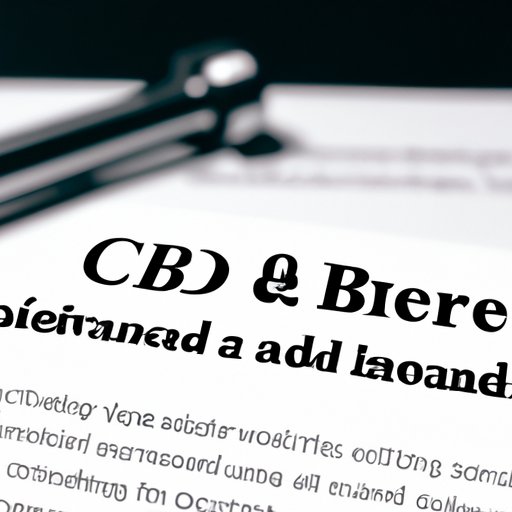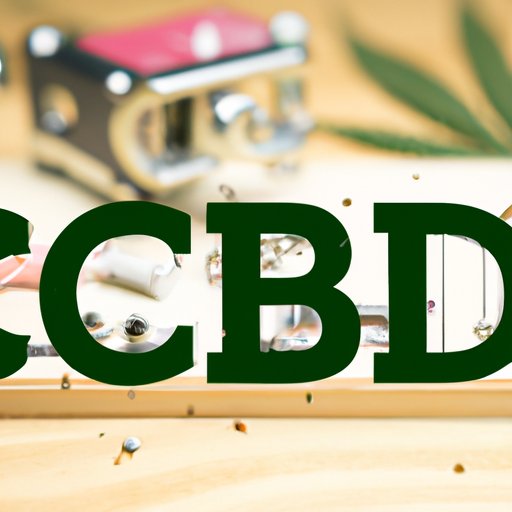Introduction
CBD, or cannabidiol, has become a popular natural remedy for various ailments such as anxiety and chronic pain. However, the legality of CBD remains a contentious issue for consumers, retailers, and manufacturers alike. In this article, we’ll explore the complex federal laws surrounding CBD to help you understand the legal landscape and make informed decisions.
Understanding the Legality of CBD: A Comprehensive Guide to Federal Laws
The legality of CBD is a complex matter, with federal laws impacting its legal status depending on its source and any other relevant laws that may apply. The 2018 Farm Bill positively impacted the legal status of CBD derived from hemp with 0.3% THC or less, while marijuana-derived CBD remains illegal under federal law due to the Controlled Substances Act. Other federal laws such as the Food, Drug, and Cosmetic Act and the Analogue Act also impact the legality of CBD.

Navigating the Confusing World of Federal CBD Regulations
Complying with federal CBD regulations can be a challenge for consumers, retailers, and manufacturers alike. The lack of clear guidance from the FDA and the variation of state-level regulations add to the confusion. The FDA has only approved one CBD drug, Epidiolex, for the treatment of specific types of seizures, and has warned companies against making unsubstantiated claims about the health benefits of CBD products. State-level variations in legality also impact the industry, with some states allowing the sale of CBD products and others not.
Is CBD Legal? The Answer Isn’t So Simple
The answer to the question of CBD legality is not clear-cut and depends on various factors. Federal laws currently allow CBD derived from hemp with 0.3% THC or less, but marijuana-derived CBD is still illegal under federal law. CBD’s legality can also depend on the context, such as how it’s used or claimed to be used.
Cannabis, Hemp, and CBD: Demystifying the Legal Landscape
It’s important to understand the distinctions between cannabis, hemp, and CBD to navigate the legal landscape effectively. Cannabis refers to a plant that includes both marijuana and hemp. Hemp is defined as a cannabis plant with 0.3% THC or less, while marijuana contains higher levels of THC and is federally illegal. CBD can be derived from both plants, but its legality is dependent on its source and surrounding laws. Products labeled as “CBD” may not actually contain CBD or may contain more THC than what’s legally allowed.

Exploring the Gray Area of CBD Legality Under Federal Laws
There is still a lot of gray area surrounding the legality of CBD under federal laws. Ongoing legal challenges and potential future developments, such as FDA regulations and the possibility of marijuana legalization on a federal level, may impact CBD regulation. Staying informed about these developments is important for anyone working with or using CBD products.
Conclusion
Understanding federal CBD regulations is essential for anyone working with or using CBD products. The current legal landscape is complex and requires navigating various federal laws, state-level regulations, and product definitions. While it may not always be clear-cut, staying informed and cautiously approaching CBD products can help ensure compliance and safety.
